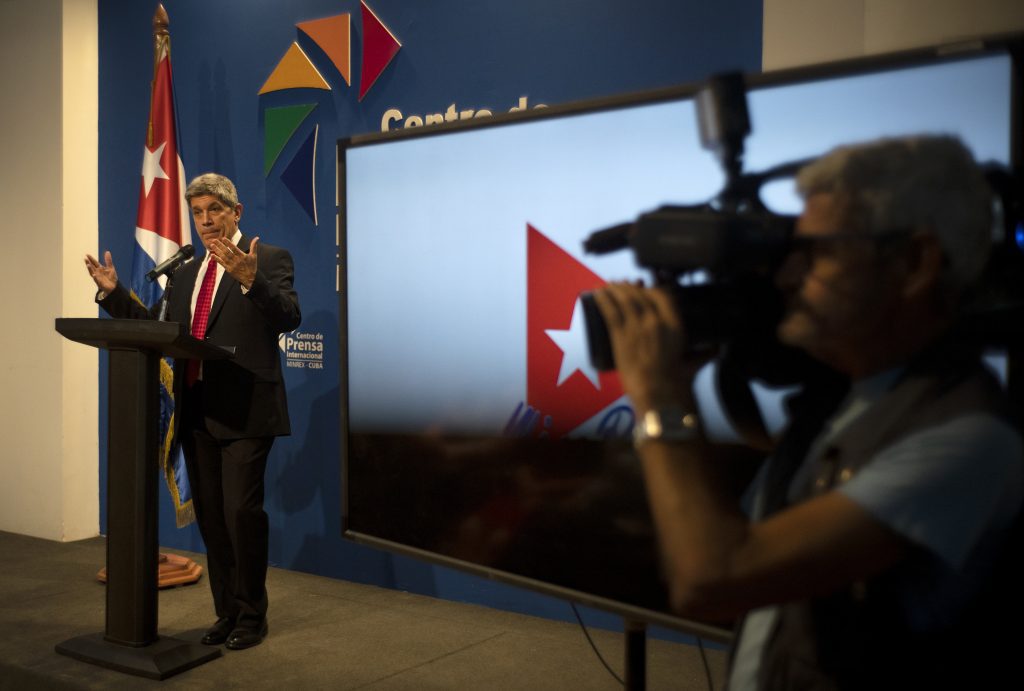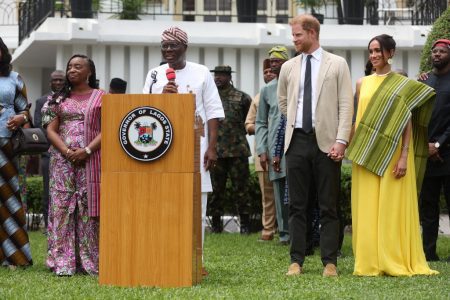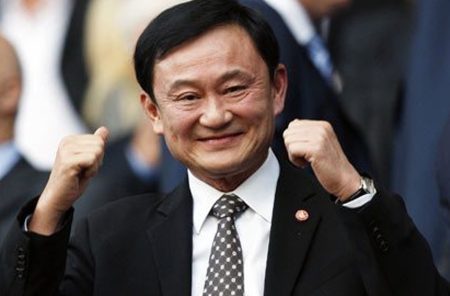Cuban authorities are working hard to get the Biden administration's attention, offering to discuss human rights and other issues that were previously avoided, amidst protests over the country's severe economic crisis.
Havana is also increasing its accusations of U.S. interference and lack of compassion in response to the suffering on the island.
On Monday, Cuban Vice Minister of Foreign Relations Carlos Fernández de Cossío contacted U.S. Chargé d’Affaires Benjamin Ziff to deliver a formal complaint rejecting “the interventionist conduct and negative messages of the United States government and its embassy in Cuba regarding the internal affairs of Cuba.”
State Department spokesman Vedant Patel told reporters on Monday that “the United States is not behind these protests in Cuba, and the accusation of that is absurd.”
The communist government, once hopeful President Biden would reverse some of former President Trump’s harshest restrictions on Cuba — namely the state sponsor of terror designation — is now using previously withheld measures, but Cuban officials say the U.S. is not responding to their efforts.
“There’s not a lack of interest, what’s lacking is political will. And further, even on the issues that the U.S. government says are their priorities toward Cuba, I can responsibly tell you that there have been public and private offerings from Cuba: ‘Let’s sit down and discuss topics that they say are their priorities, like the issue of human rights,’” Johana Tablada, the Cuban Foreign Ministry’s top official in the General Division for the United States, told The Hill in a recent interview.
“But when we say, ‘Let’s go, we’ll sit down this week in Havana, in Washington or wherever and you can explain to us your concerns,’ there is no answer, there is no answer.”
Cuban officials are receiving a lot of feedback, however, from Florida Republicans such as Rep. María Elvira Salazar who openly call for regime change, which is the remaining red line for Cuban officials to engage in talks.
“The Cuban regime has no interest in genuinely discussing human rights. Only the regime has the power to restore human rights to the Cuban people — the United States cannot grant rights to anyone in Cuba. I hope this crisis and the protests in Santiago de Cuba expose the failures of communism and lead to an end of the dictatorship,” Salazar told The Hill.
Rep. Carlos Giménez (R-Fla.), the only current Cuba-born member of Congress, on Sunday called on the Biden administration to provide satellite internet to protesters.
“On July 11, 2021, thousands of Cubans took to the streets demanding freedom,” said Gimenez in a statement.
“Today, on March 17, thousands of Cubans have taken to the streets again to protest the murderous Castro dictatorship and demand freedom, power, and food. In response, the regime shut down the internet to prevent protesters from organizing and mobilized its secret police to brutalize and jail the opposition.”
Others, including Reps. Mario Díaz-Balart (R-Fla.) and Salazar posted protest videos on X to support the demonstrators.
In a press conference was shared on Facebook Monday by activist María Rosa Payá with the caption, "the only way out of our crisis is the end of the dictatorship," Giménez accused the Cuban government of shutting down the internet after previous mass protests on July 11, 2021.
"Why? Because they fear their own people. And when a government fears its own people, that should be an indication to you that maybe it’s time to change the government," said Giménez.
The public request for regime change angered Cuban President Miguel Díaz-Canel, who on Sunday blamed the array of U.S. sanctions for economic conditions on the island.
"The infamous troupe wanted to go out yesterday to dance with the pain of the Cubans. Mediocre politicians and online terrorists lined up from South Florida to heat up the streets of #Cuba with interventionist messages and calls for chaos. They were left wanting," Díaz-Canel wrote on X.
In a press release announcing Monday’s diplomatic note, the Foreign Ministry accused the United States of carrying out a "destabilizing plan [whose] execution is evident in plain sight. It rests in the reinforcement of a ruthless economic war to provoke and exploit the natural irritation of the population."
"It enjoys the complicity of important media outlets of the American and international big press, and the mercenary support of people who mainly live in the south of the State of Florida in the United States, whose only livelihood is the industry of aggression against Cuba," read the release, where Cuba’s inclusion in the list of state sponsors of terrorism was highlighted as the most egregious element of U.S. sanctions.
Cuba was added to the list by Trump a week before Biden took office, leaving the Democrat with a tricky situation: He could either keep Cuba on the list, dealing a blow to the island’s economy and spurring migration, or he could remove it, exposing himself to accusations of sympathizing with the communist regime.
Biden chose the former, leaving Cuba — a country that has close collaboration with the United States on a variety of issues, including law enforcement — in the same category as Iran, North Korea, and Syria.
The administration’s lack of action on that point has frustrated its allies, who otherwise see a marked improvement in Biden’s approach when compared to Trump’s.
"The Biden administration has taken important steps to improve dialogue with Cuba, including by reopening the Havana embassy and renewing funding for Cuban democracy programs," said Rep. Joaquín Castro (D-Texas).
"However, the decision not to reverse harmful Trump-era policies — including the State Sponsor of Terror designation — is a serious missed opportunity that has worsened the lives of everyday Cubans. I hope the administration will continue to welcome productive avenues for engagement that support economic growth and the democratic aspirations of the Cuban people," added Castro, the top Democrat in the House Western Hemisphere Subcommittee.
The lingering designation has frustrated Cuban officials, who routinely point to U.S. relations with Vietnam as a model to follow and an example of how the United States can engage diplomatically and commercially with a communist country.
Cuba moderates in Congress have noticed and are aware of that comparison.
During a House Foreign Affairs Committee hearing on Biden policy toward Cuba in January, Castro mentioned that even though we often think of dealing with a communist country, China and Vietnam are strong trading partners of the United States.
Cuban frustration with being on the terrorist list is due to specific economic reasons – while other U.S. economic sanctions discouraged third-party foreign investment, being on the list forces foreign companies and individuals to choose between the United States and Cuba.
On a business scale, companies that choose to do business with Cuba may find themselves unable to operate in the U.S. and other countries that collaborate with the United States on terrorist financing rules.
The terrorist list has impacted Cuba’s tourism industry as European Union citizens who visit Cuba lose their U.S. visa exemption.
The sanctions have led to a stalemate between Cuba and the United States over the current economic crisis – Cuban officials claim their economic problems are entirely due to the “blockade,” while the country’s critics in the U.S. attribute the issues to communism, corruption, and economic mismanagement.
Those with moderate views on the issue do not fully support Cuba’s human rights record but do see possibilities in engagement.
Castro believes that if the Cuban government is sincere about discussing its human rights record with the United States without preconditions, it would be a positive step for the Biden administration to take advantage of.
Cuban officials have drawn back from previous red lines, such as their demand for comprehensive talks as opposed to issue-based discussions, especially on human rights.
Tablada mentioned that the government has made its position more flexible compared to a year ago, now willing to discuss human rights with the United States.
However, the Cuban government is not eagerly waiting for a call.
Tablada expressed concern that the prevailing approach is about regime change, treating the Cuban people like experimental subjects in an unconventional warfare laboratory.









